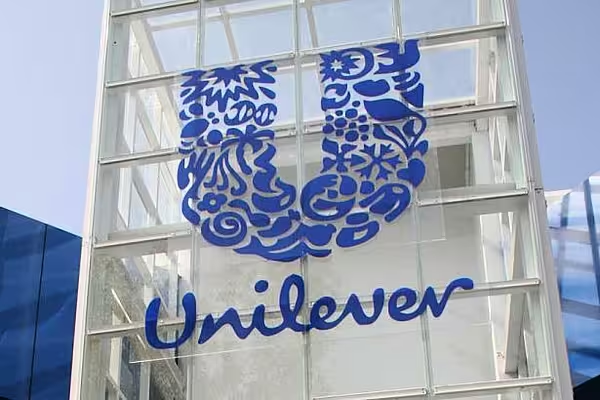Unilever has a plan to avoid unequal taxation for shareholders in countries such as Britain if the Dutch government fails to scrap its 15% withholding tax on dividends as planned or delays doing so.
Unilever's backup plan was disclosed on Tuesday as part of the Anglo-Dutch company's move to end its dual structure and consolidate a single headquarters in Rotterdam.
British shareholders, a significant portion of the Anglo-Dutch company's base, will be uniquely exposed to the Dutch tax if it is still in effect when Rotterdam becomes Unilever's headquarters in December.
Unilever told Reuters in an email if the tax is not scrapped, it could use a "substitution payment mechanism", which involves distributing capital in a way that does not trigger the 15% tax.
Dutch Prime Minister Mark Rutte announced plans last year to scrap the tax but the idea has come under fire as opponents have effectively described it as a tax break for foreign investors.
A recent poll showed that only 11% of voters support scrapping the tax, and Rutte's own coalition members have disowned it, saying it was a compromise they were forced to support.
Government Memos
Rutte survived a no confidence-vote over the matter in April. Dutch government memos showed scrapping the withholding tax was viewed as a deal-breaker for Unilever in choosing Rotterdam, rather than London, to base its single headquarters.
"We see a major risk that some of the largest European companies leave our country if we don't do this," Rutte told the Dutch parliament on Tuesday.
The Dutch tax does not apply to shareholders in the Netherlands. Other investors, such as Americans, are able to deduct dividend tax paid in the Netherlands from their U.S. taxes under a bilateral treaty.
The company posted a fuller explanation of plans on its website, saying that if the tax were not abolished it could use distributions of "paid up capital" that would effectively act as a substitute for dividends.
It estimated that the new, unified Unilever would hold €58 billion worth of such capital.
That compares with dividends of €3.9 billion paid in 2017, giving it years before it would need to disadvantage any shareholders for tax reasons.
News by Reuters, edited by ESM. Click subscribe to sign up to ESM: European Supermarket Magazine.














